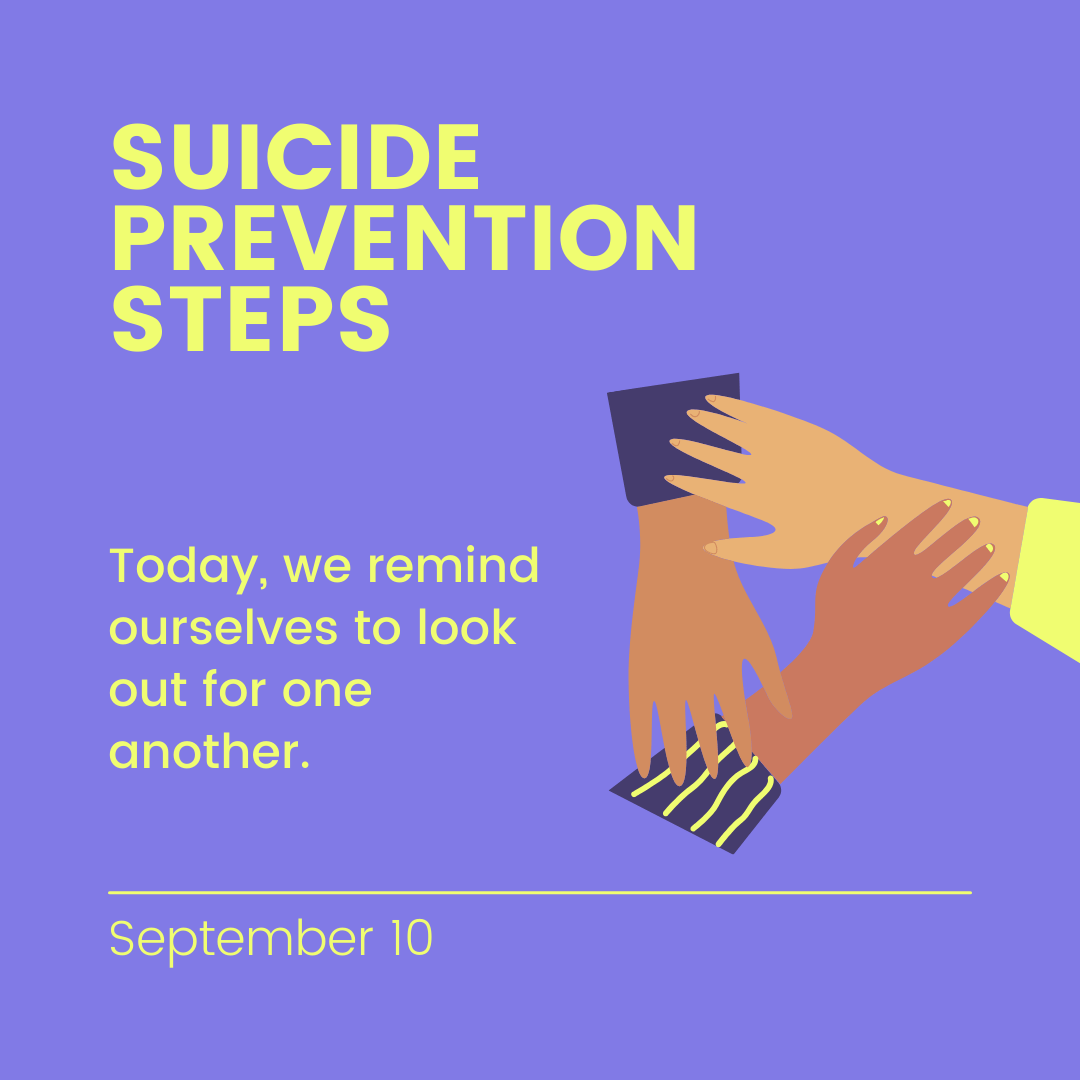Stress in students has become a prevailing issue as Indian parents, driven by the pursuit of academic excellence and a promising future, inadvertently subject their children to a subtle challenge – parental expectations. This enduring influence, propelled by societal norms and the desire for their children to excel, often evolves into a significant stressor for students. Unfortunately, the consequences can be profound, pushing some students towards feelings of distress and, in extreme cases, contemplating drastic measures. Delving into the multifaceted aspects of parental expectations, this article aims to unravel their impact on students. Crucially, it explores how parents can actively contribute to mitigating the distressing outcomes, fostering an environment that prioritizes mental well-being alongside academic success.
Can Parental Pressure create a tendency of suicide?

Parental pressure is the weight of expectations and demands that parents place on their children, often driven by a desire for academic success, societal standards, and cultural norms.
It manifests in various aspects of a student’s life, including academic performance, physical appearance, extracurricular activities, social interactions, and even relationships.While parents may believe they are guiding their children towards a brighter future, the unintended consequences of this pressure can be profound.
Parental Pressure – A Major Cause of Stress and suicide Among Students
The expectations set by parents, teachers, and society create an immense burden on students.The pressure to excel academically, participate actively in extracurricular activities, maintain a certain physical appearance, and adhere to social and cultural norms can be overwhelming. As a result, students find themselves constantly striving for an unattainable standard, leading to stress, anxiety and in extreme cases, even suicide.
How Parental Pressure Makes a Student Stressful and bring suicidal thoughts?
The incessant pressure exerted on students can have negative effects on their mental health. When the pursuit of perfection becomes relentless, students may feel incapable of meeting the expectations placed upon them.
The fear of disappointing their parents or facing societal judgment can create a dark tunnel with no apparent escape. In extreme cases, this emotional turmoil may lead students to contemplate suicide as a way out of their seemingly insurmountable challenges.
Effects of Parental Pressure on Students
The impact of parental pressure on students is multifaceted and extends beyond the academic realm. Physically, it can manifest as sleep disturbances, fatigue, and even more severe health issues. Emotionally, students may experience heightened anxiety, depression, and a sense of inadequacy.Socially, the pressure to conform to certain standards can result in isolation and strained relationships with peers.
The gravity of the situation becomes evident when we examine the alarming statistics of student suicides in India. According to recent reports, India has witnessed a disturbing rise in student suicides, with academic pressure being a significant contributing factor.These statistics underscore the urgent need to address the mental health of students and the role parental pressure plays in their well-being.
How Can Parents Help Students Eliminate Depressing Thoughts (Do’s & Don’ts for Parents):
Parents play a pivotal role in shaping their children’s lives, and their influence can either alleviate or exacerbate the challenges students face. Here are some crucial do’s and don’ts for parents to help eliminate suicidal thoughts:
Do’s:
Open Communication: Foster an open and non-judgmental line of communication with your child. Create an environment where they feel comfortable expressing their thoughts and fears.
Realistic Expectations: Set realistic and achievable expectations. Understand and appreciate your child’s strengths and limitations, allowing them room for growth and self-discovery.
Encourage Well-being: Prioritize your child’s mental and physical well-being over strict academic or societal standards. Encourage a healthy lifestyle, including adequate sleep, balanced nutrition, and regular physical activity.
Seek Professional Help: If you notice signs of distress or anxiety in your child, seek professional help. A counselor or mental health expert can provide the necessary support and guidance.
Celebrate Effort, Not Just Results: Acknowledge and appreciate your child’s efforts rather than focusing solely on their academic achievements. This helps build resilience and a positive self-image.
Don’ts:
Comparisons: Avoid comparing your child to others, whether it be academically, physically, or in any other aspect. Each child is unique, with their own strengths and weaknesses.
Unrealistic Punishments: Refrain from imposing harsh punishments for academic setbacks. Instead, work together to understand the challenges and find constructive solutions.
Ignoring Warning Signs: Don’t dismiss signs of distress or changes in behavior. These can be red flags indicating your child is struggling emotionally.
Over-involvement: While parental involvement is crucial, avoid micromanaging every aspect of your child’s life. Allow them the freedom to make decisions and learn from their experiences.
Ignoring Mental Health: Do not overlook the importance of mental health. Actively promote mental well-being and seek professional help if necessary.
Friendly Parenting is the Key: In the quest for successful parenting, it’s essential to adopt a friendly and supportive approach. Recognize that your child is an individual with their own dreams, aspirations, and unique qualities. Instead of imposing your expectations, collaborate with them to set realistic goals and provide the necessary support.
Addressing the issue of suicide among students due to parental pressure requires a collective effort from parents, educators, and society as a whole. By understanding the profound impact of parental pressure, acknowledging the signs of distress, and adopting a friendly and supportive parenting approach, we can create an environment where students feel empowered rather than overwhelmed.
Schoolbase: Balancing Studies and Happiness
Alternative education options like the National Institute of Open Schooling (NIOS) and Schoolbase offer a lifeline, providing students with the tools they need to navigate their academic journey with ease.Schoolbase, in partnership with NIOS, stands as a beacon for alternative school education, offering a range of solutions such as open school programs, homeschooling, and special education.
Our alternative education options act as stress-relief solutions, empowering students to pursue education in a manner that aligns with their unique strengths and circumstances.This platform caters to a diverse range of students including those who are unable cope with regular curriculum.
Schoolbase acknowledges that the one-size-fits-all approach doesn’t work for everyone and aims to create a conducive ecosystem that motivates students and promotes holistic learning.
